Telegram, the widely-used messaging app, may face a potential ban in India following a government investigation into its alleged role in facilitating criminal activities such as extortion and gambling.
According to a report in Moneycontrol, the Indian government, through the Ministry of Home Affairs (MHA) and the Ministry of Electronics and Information Technology (MeitY), has launched a probe into the platform’s misuse for illegal activities, with a ban being a possible outcome if the charges are substantiated.
The scrutiny comes on the heels of international legal challenges for Telegram. Just a day before the news in India surfaced, Telegram CEO Pavel Durov was arrested in France on allegations ranging from fraud and drug trafficking to cyberbullying and promotion of terrorism. French authorities, specifically the Office for Preventing Violence Against Minors (OFMIN), issued an arrest warrant for Durov amid concerns over Telegram’s moderation policies and its inability to prevent criminal activities on the platform.
In India, Telegram’s involvement in controversial activities, including the UGC-NEET medical entrance exam paper leak, has only increased government scrutiny. Reports indicate that the leaked paper was sold on the platform for sums ranging from Rs 5,000 to Rs 10,000, adding fuel to ongoing investigations into its potential role in illegal activities.
Despite these challenges, Telegram has stated its compliance with Indian laws, appointing a nodal officer and chief compliance officer, and regularly publishing monthly compliance reports. However, the Indian government has expressed frustration with the platform’s lack of physical presence in the country, which has complicated enforcement actions. In October 2023, the IT ministry had also directed Telegram, along with other social media platforms, to remove child sexual abuse material (CSAM) from their platforms.
As the government continues its probe, Telegram’s future in India remains uncertain. The outcome of the investigation will determine whether the platform faces regulatory action or an outright ban in the country.
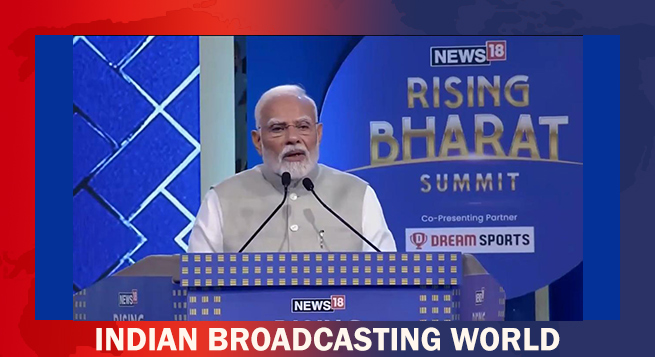 PM Modi: WAVES will empower Indian content creators go global
PM Modi: WAVES will empower Indian content creators go global 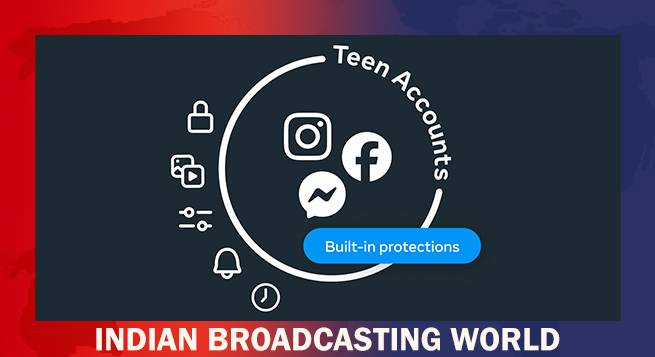 Meta rolls out ‘Teen Accounts’ feature to FB, Messenger
Meta rolls out ‘Teen Accounts’ feature to FB, Messenger 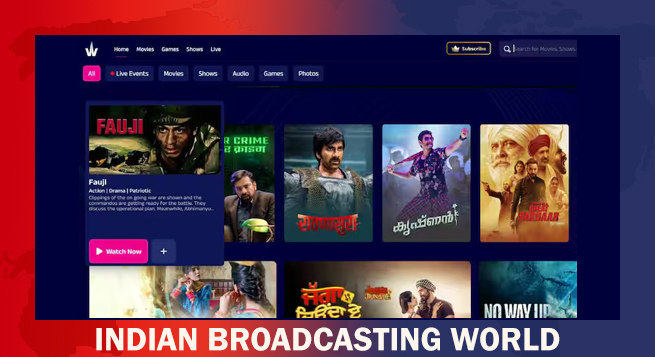 Govt. says pvt. sector TV channels can ride pubcaster’s WAVES
Govt. says pvt. sector TV channels can ride pubcaster’s WAVES  Sunny Deol says ready for fresh starts with streaming projects
Sunny Deol says ready for fresh starts with streaming projects  ‘Kannappa’ set for June 27 release
‘Kannappa’ set for June 27 release 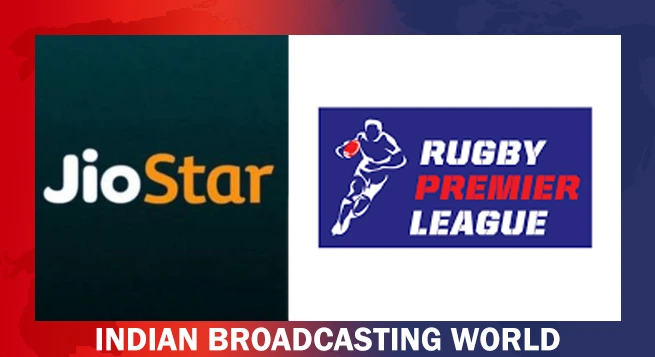 JioStar named official b’cast partner for Rugby Premier League
JioStar named official b’cast partner for Rugby Premier League  Prime Video drops official teaser for ‘Culpa Nuestra’
Prime Video drops official teaser for ‘Culpa Nuestra’  Sony YAY! premieres Jujutsu Kaisen on April 15
Sony YAY! premieres Jujutsu Kaisen on April 15 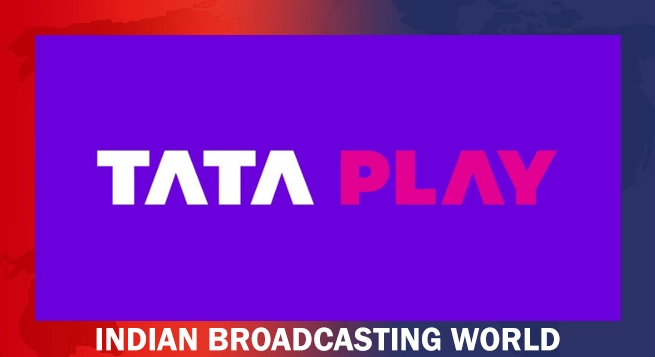 Tata Play Binge announces IPL-related fare
Tata Play Binge announces IPL-related fare 








